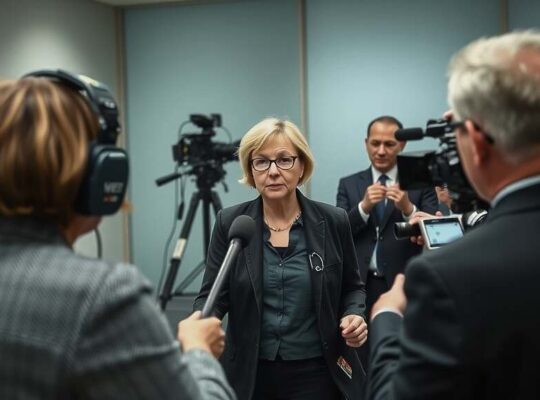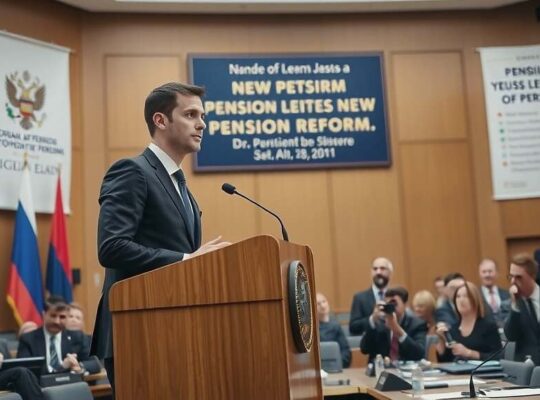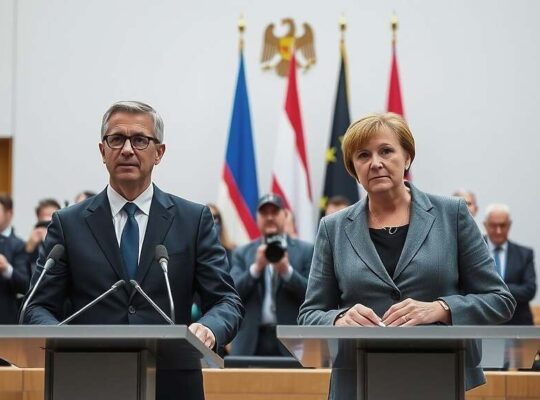However, he also acknowledged the necessity of fiscal savings
Federal Labour Minister Bärbel Bas, also leader of the Social Democratic Party (SPD), affirmed the need for reform while rejecting performance-based cuts to benefits She expressed concern that recent debate had caused public anxiety, highlighting the vulnerability of citizens who may rely on the system due to unforeseen circumstances like illness, accidents, or job loss Bas advocated for expanding the labour market as a pathway to savings, suggesting that bringing an additional 100,000 people into employment could generate savings of one to two billion euros She also indicated support for strengthening participation requirements for recipients of citizen’s income Whether the coalition can achieve Merz’s target of five billion euros in savings will depend, she stated, on the overall economic performance
The Chancellor announced plans to host a dialogue forum at the International Automobile Show focused on “Technologies of the Future” aiming to forge collaborative solutions with manufacturers and suppliers, particularly in relation to EU regulations While he didn’t directly address the proposed EU ban on combustion engine vehicles-a measure intended to support the Paris climate goals-CSU leader Markus Söder elaborated that the discussion would encompass propulsion technologies and autonomous driving, asserting a desire to maintain Germany’s competitiveness in the automotive industry
Söder also advocated for the rapid construction of gas-fired power plants Merz announced that a monitoring report will assess whether adjustments are needed in the energy transition, potentially influencing the expansion of the electricity grid and the construction of additional gas-fired plants, while reaffirming the ongoing commitment to renewable energy sources
SPD leader and Finance Minister Lars Klingbeil pointed to existing budgetary gaps and a period of economic weakness over the past three years, attributing it to insufficient prior investment The Chancellor stated that tax increases were not under consideration within the coalition discussions












